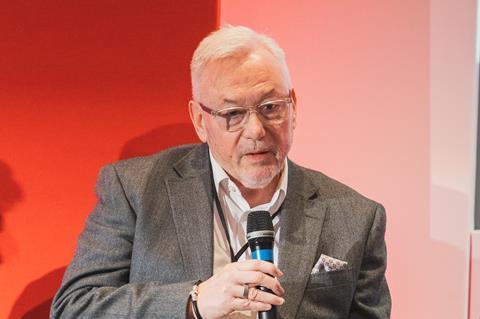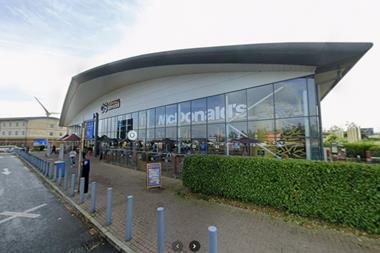
The Petrol Retailers Association (PRA) is meeting with officials from the Competition and Markets Authority (CMA) every two months to discuss matters relating to profitability and the upcoming Fuel Finder scheme, attendees at Forecourt Trader’s 2025 Summit were told.
Gordon Balmer, the PRA’s executive director, said his first meeting with the CMA was imminent, with subsequent meetings to follow every two months.
Balmer said the CMA would bring accountants to the meeting “to actually understand the operating costs between various segments of the industry: the costs of operating a supermarket forecourt differ very much from a single-site operator in the independent world. You’ve got different pricing platforms, different operating costs, and so on. They are starting to listen.”
The CMA has previously said it is monitoring operators’ margins as it considers these to be “concerning”, while the regulator also perceives that competition within the industry has weakened over recent years.
The CMA is seeking to tackle these areas with its upcoming Fuel Finder tool. This will see all forecourts obligated to update a database within 30 minutes of any price changes at the pumps, creating a nationwide resource for consumers. The scheme is due to go live towards the end of 2025, but Balmer says he expects it will come into operation in early 2026. He also considers there remain gaps in the CMA’s understanding of the forecourt industry.
“They need to understand the different segments of the market: the differences between an oil company site to a supermarket, to a motorway service area, to a single-site operator. There are different ways they buy their fuel, and different pricing models, different operating costs, different services on site. It’s our job at the PRA to educate them.”
The PRA is also concerned there are issues with the Fuel Finder proposals, including the practicalities implicit in the 30-minute window, and the ease with which retailers will be able to share information relating to what fuel products they have in stock. Balmer says his organisation is “trying to ensure there’s a smooth transition”.
Also speaking at the Summit was Wayne Harrand, retail director at MPK Garages, who said that in addition to Fuel Finder having cost implications for operators, he was sceptical with regard to its benefit:
“People are going to drive all over the place to find cheaper fuel. What’s that going to do for the environment? It’s going to add to their carbon output.” Harrand said it would be preferable if the tool could calculate travel distances against fuel prices, explaining to consumers: “This site is closer to you, and you’re going to reduce your carbon footprint by going to it.”
Oliver Blake, from Oasis Garage in East Yorkshire, a forecourt known locally for its competitive prices, shared these sentiments, saying that in his experience, “Unless price is put in consumer’s faces, on the news or social media, they don’t go looking for price; they don’t seem to use the apps.”
































